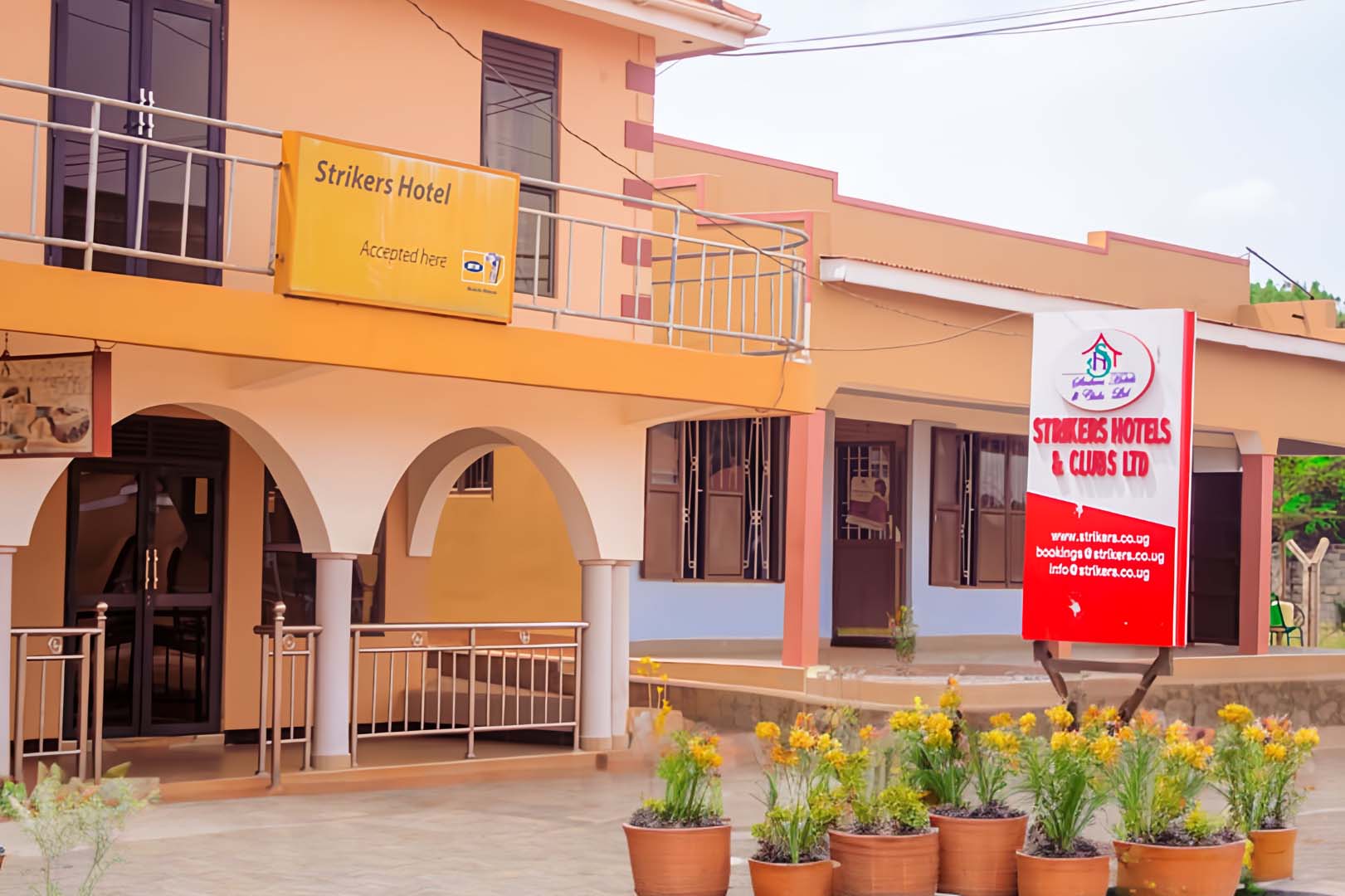What Is Hotel Facility Planning?
Hotel facility planning is an intricate process that involves a comprehensive analysis of the target market, understanding their needs and preferences, and designing the facilities accordingly. This vital process helps in determining the spaces, amenities, and services that a hotel will offer to its guests, ensuring their utmost comfort and satisfaction.
Identifying Target Market:
The first step in hotel facility planning is identifying the target market. This requires extensive market research to determine the type of guests the hotel hopes to attract. By analyzing demographic information such as age, gender, income, and location, hoteliers can gain valuable insights into the preferences and expectations of their potential guests. For instance, a hotel targeting business travelers may need to provide facilities such as meeting rooms, a business center, and high-speed internet connectivity, while a family-oriented hotel may focus more on family-friendly amenities such as swimming pools and play areas.
Understanding Needs and Preferences:
Once the target market has been identified, the next step is to understand their needs and preferences. A hotel that caters to business travelers should prioritize facilities that enhance productivity and convenience, such as well-equipped workstations, ergonomic chairs, and professional meeting spaces. On the other hand, a hotel targeting leisure travelers may emphasize recreational amenities like a fully equipped gym, spa, or rooftop pool. By understanding the desires and expectations of their target market, hoteliers can ensure that their facilities are tailored to meet the specific needs of their guests.
Designing Facilities and Embracing Technology:
Designing the facilities to meet the requirements of the target market is a critical aspect of hotel facility planning. This involves organizing the physical layout of the hotel, allocating spaces for various amenities and services, and ensuring that they are strategically positioned for accessibility and convenience. For example, a hotel catering to a large number of families may allocate larger room sizes and include additional amenities such as play areas or babysitting services. Alternatively, a hotel focusing on luxury travelers may design expansive suites with private balconies overlooking scenic views or exclusive access to a club lounge.
Service-Oriented Approach:
Another essential consideration in hotel facility planning is incorporating the latest technology. In today’s digital age, guests expect seamless connectivity and advanced amenities. High-speed internet access is no longer a luxury but rather a basic necessity. Additionally, other technological features like smart room systems, keyless entry, and personalized digital concierge services can significantly enhance the guest experience. Hoteliers need to stay updated with the latest technological advancements and incorporate them into their facility planning process to stay competitive in the market.
Apart from the physical spaces and amenities, the planning process should also take into account the services that a hotel provides. The staff plays a crucial role in delivering excellent customer service and ensuring guest satisfaction. Therefore, the facilities should be designed to support the smooth operations of service areas such as reception, housekeeping, food and beverage outlets, and maintenance. Additionally, the hotel should consider training and equipping the staff with the necessary skills and tools to provide a seamless and personalized guest experience.
In conclusion, hotel facility planning is a holistic process that involves carefully analyzing the target market, understanding their needs and preferences, and designing the spaces, amenities, and services accordingly. By doing so, hoteliers can create a guest-centric environment that meets the specific requirements of their target audience. Additionally, incorporating the latest technology and providing exceptional customer service are vital components of hotel facility planning. By encompassing all these aspects, hotels can ensure that their guests enjoy a comfortable and memorable stay, encouraging repeat visits and positive word-of-mouth recommendations.



